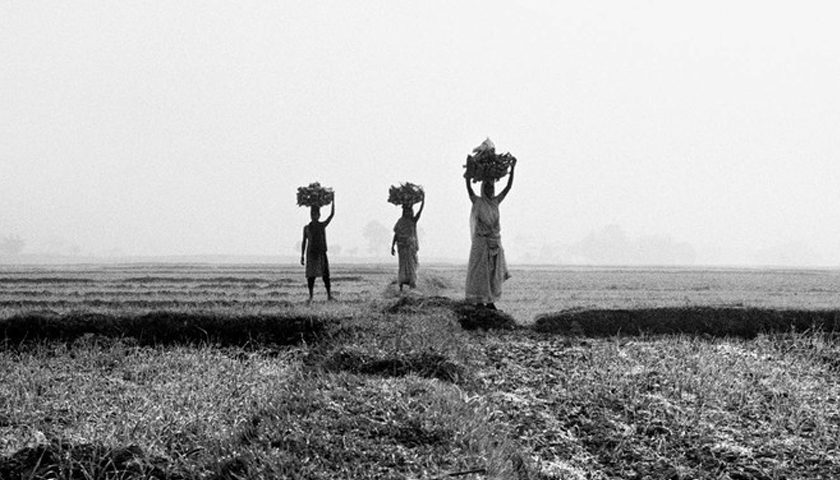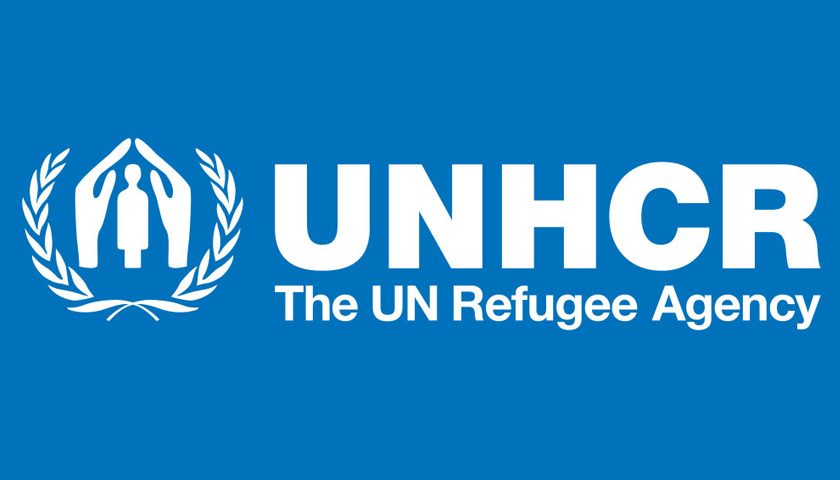“I definitely felt invisible. In particular because I could never say, ‘I’m Syrian’ or ‘I’m British’” she added. “I was not recognised anywhere, not even in the UK, where we came for protection… We were between two different countries and neither wanted us.”
Nationality may be a universal human right, but at least 10 million people globally live without it. Being stateless can leave victims with no sense of identity, and little or no voice. Many are unable to register the births of their children, go to school, work legally, travel freely, own property or obtain vital documents like passports. Unable to return, and lacking legal status, many find themselves isolated and in fear of being detained.
Over 75% of the world’s stateless belong to minority groups like the Rohingya, the largest stateless population. Almost one million Rohingya have fled persecution in Myanmar for Bangladesh. UNHCR has been campaigning to improve the plight of stateless people everywhere through its iBelong campaign.
Another of Constantine’s UK subjects is Peter, who fled political unrest in Zimbabwe 10 years ago. His asylum claims were rejected and he spent almost 20 months in immigration detention, unable to be returned because the Embassy of Zimbabwe refused to recognise him as a citizen. “For those who have no citizenship, they are in a limbo, because no one wants to believe them,” he said. “The authorities don’t want to believe them because they say, ‘How can you say you are somebody who doesn’t have proof where he comes from?’ The on us is on you to prove where you are from. You must be from somewhere!… You just don’t know where to turn to. You’re like in a river and have been left to float about. There is literally nowhere. You are going nowhere.”
UNHCR’s Representative to the UK, Gonzalo Vargas Llosa, said: “Greg Constantine’s important work shines a spotlight on this hidden human rights issue. For people without a nationality, life is on hold. The UK was one of the first countries to establish a procedure to identify stateless persons. This is an important achievement. However, it is clear that more needs to be done in the UK and abroad to ensure that stateless people are given the protection they desperately need.”

